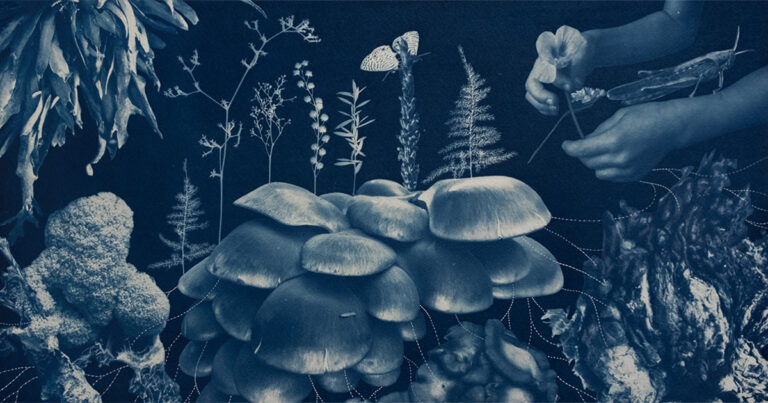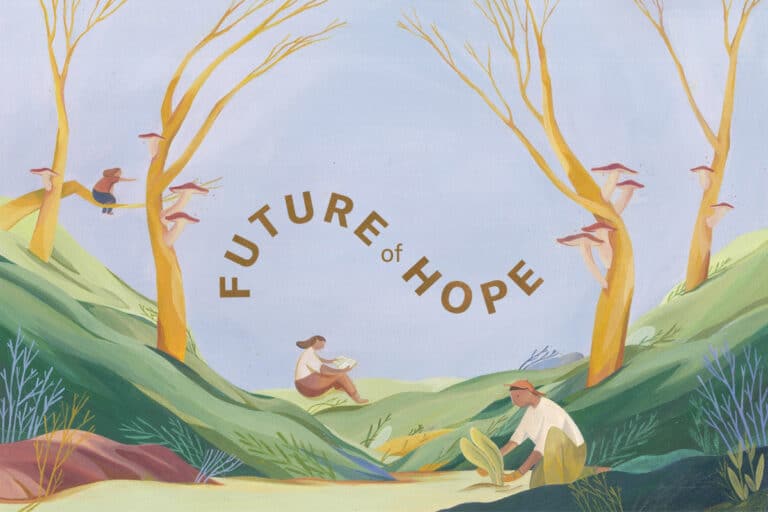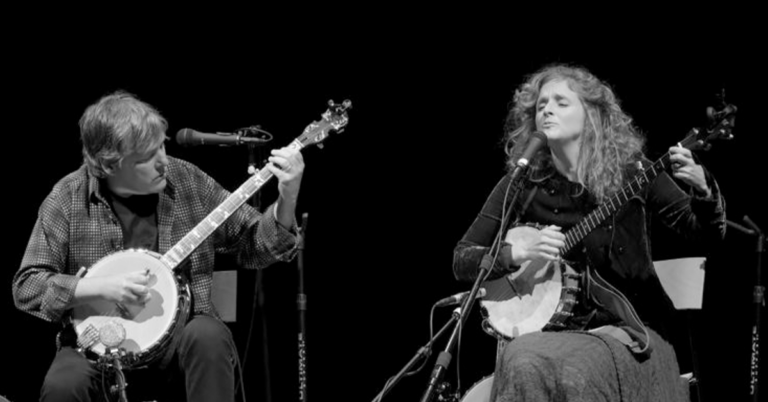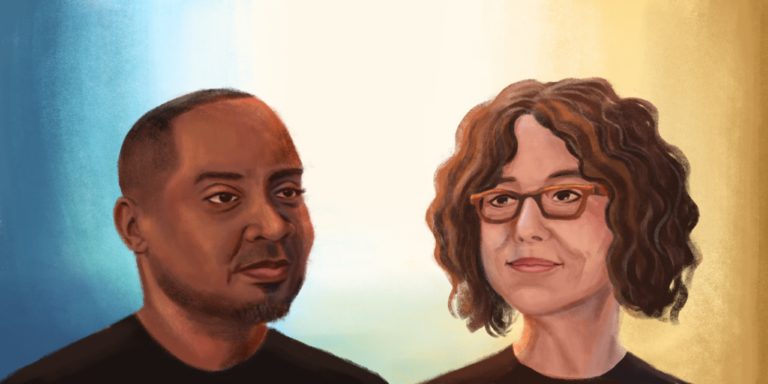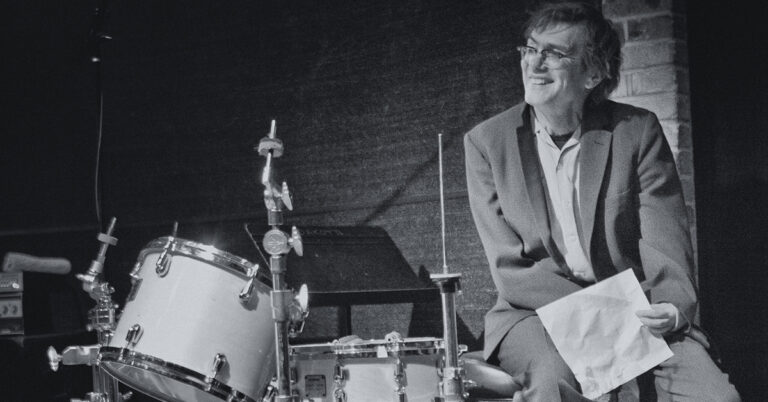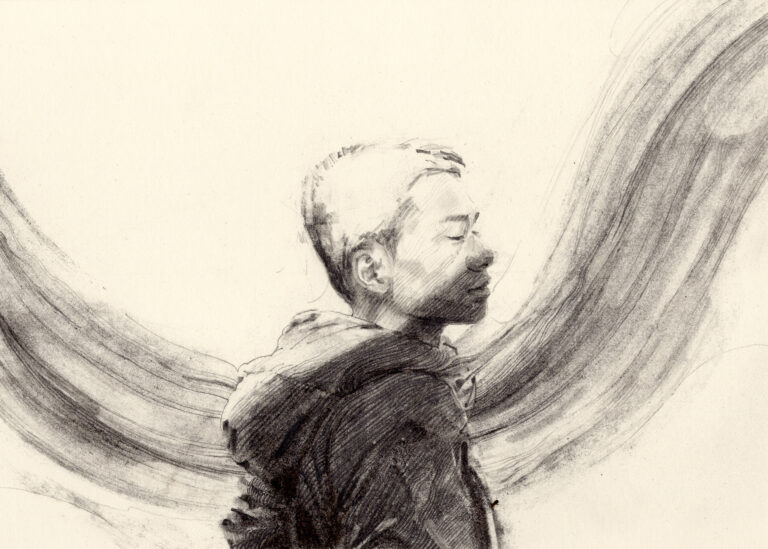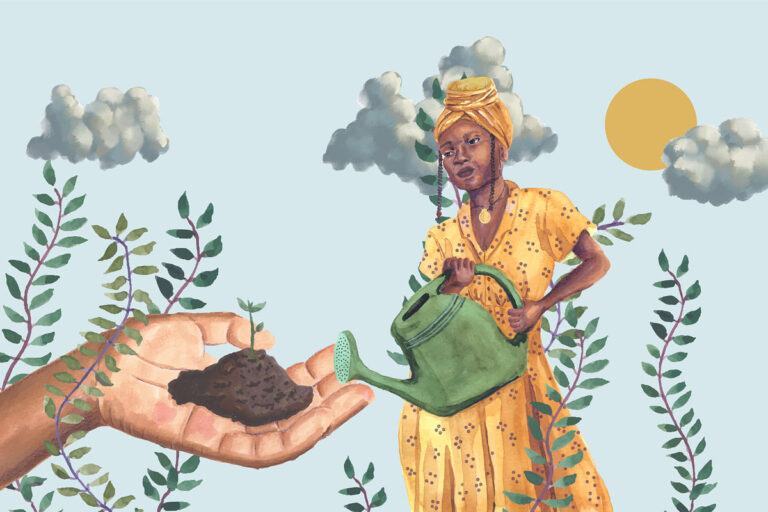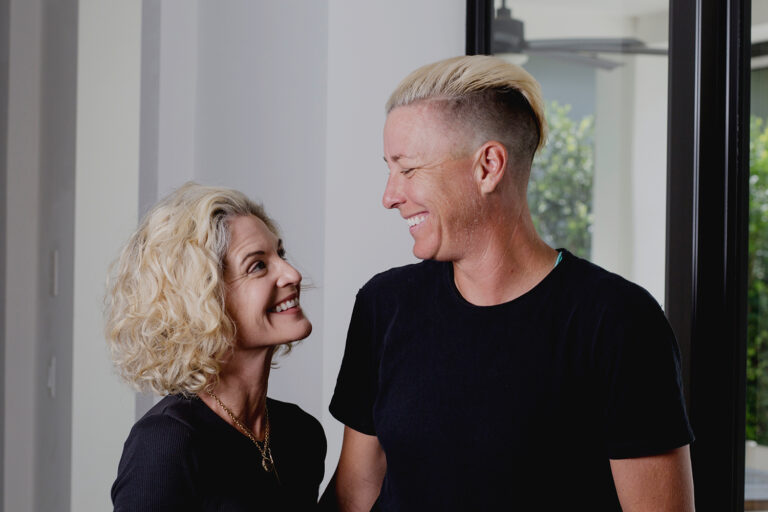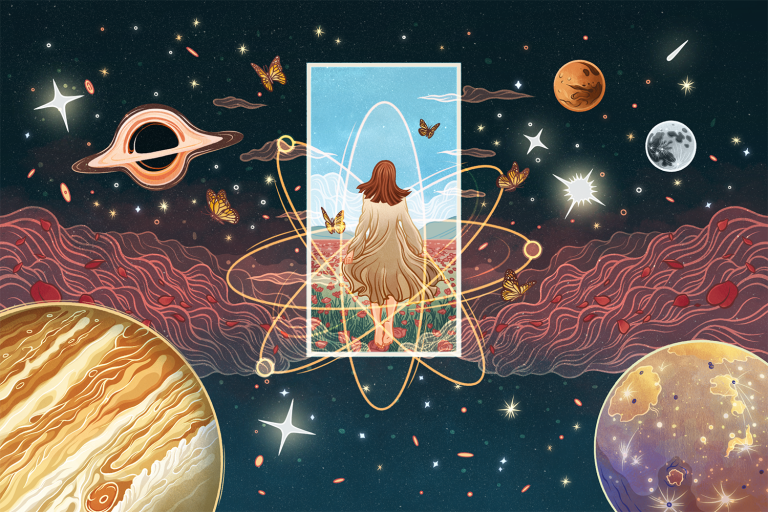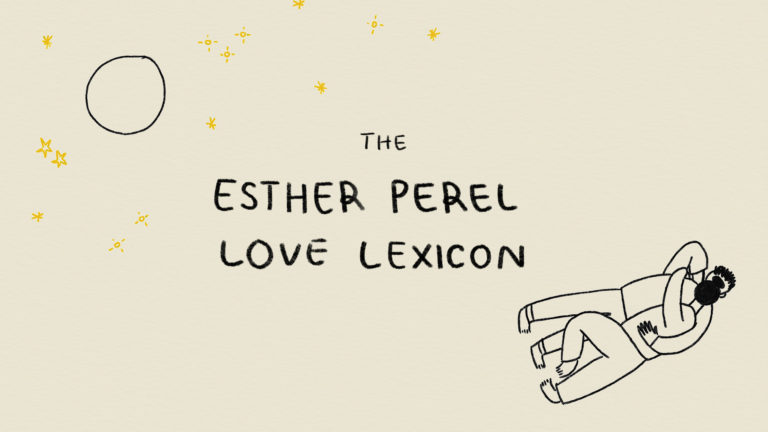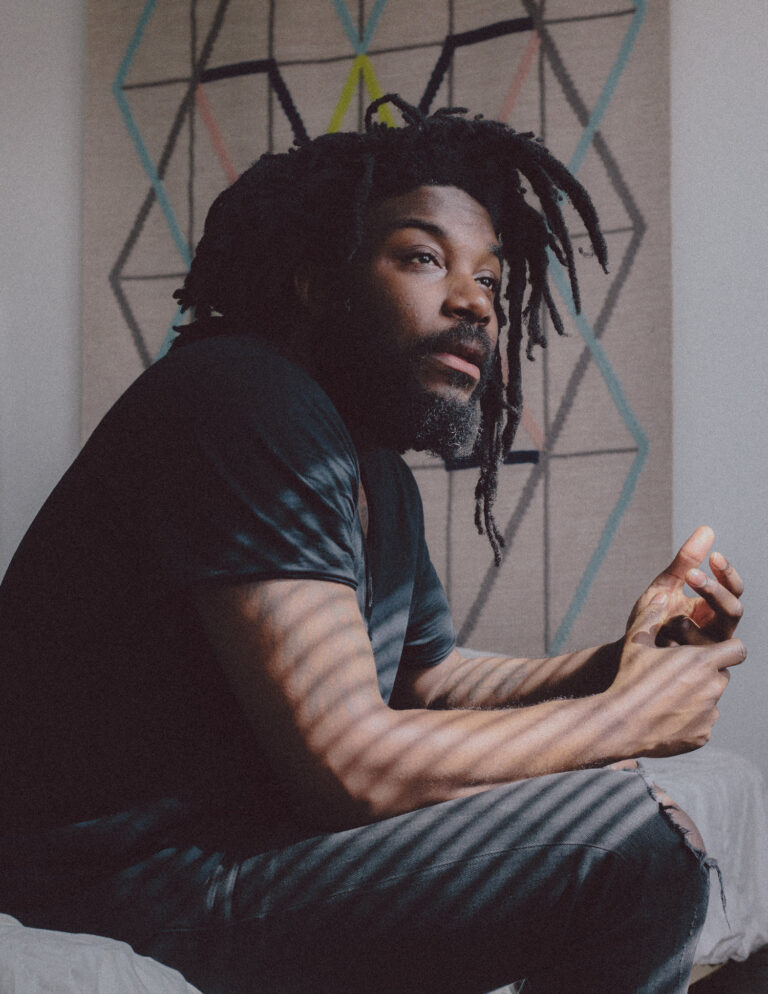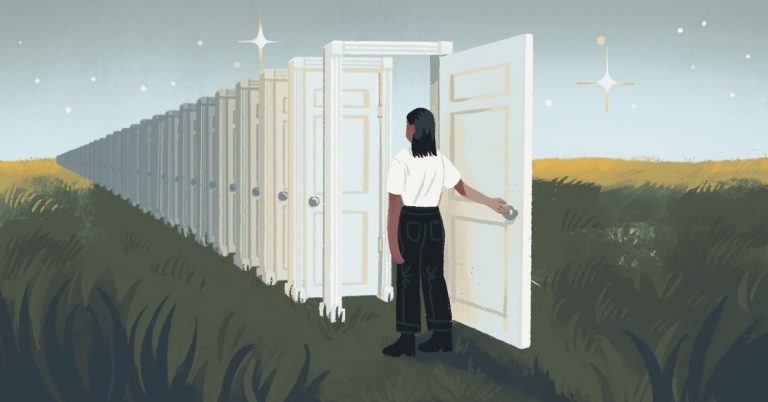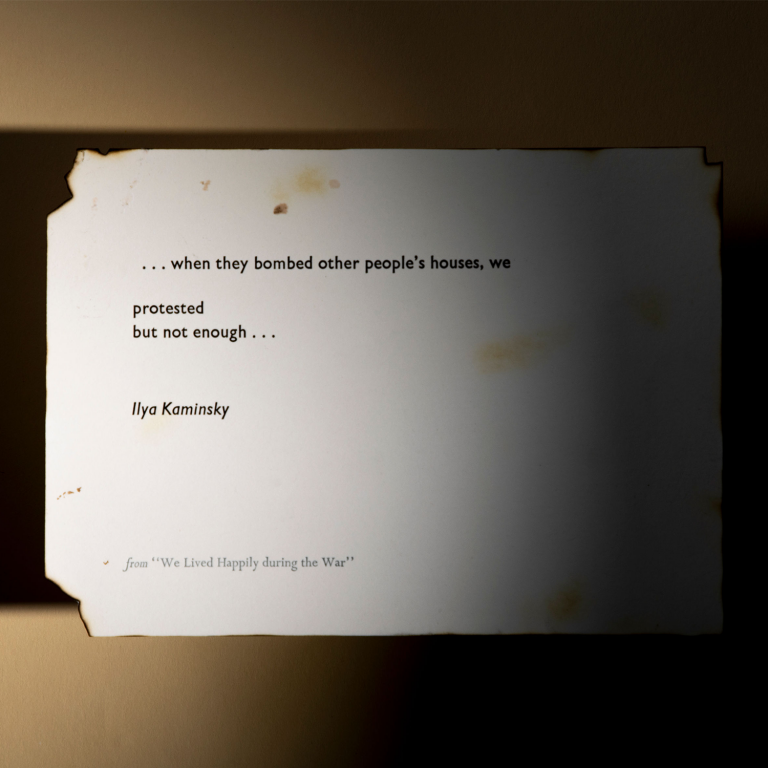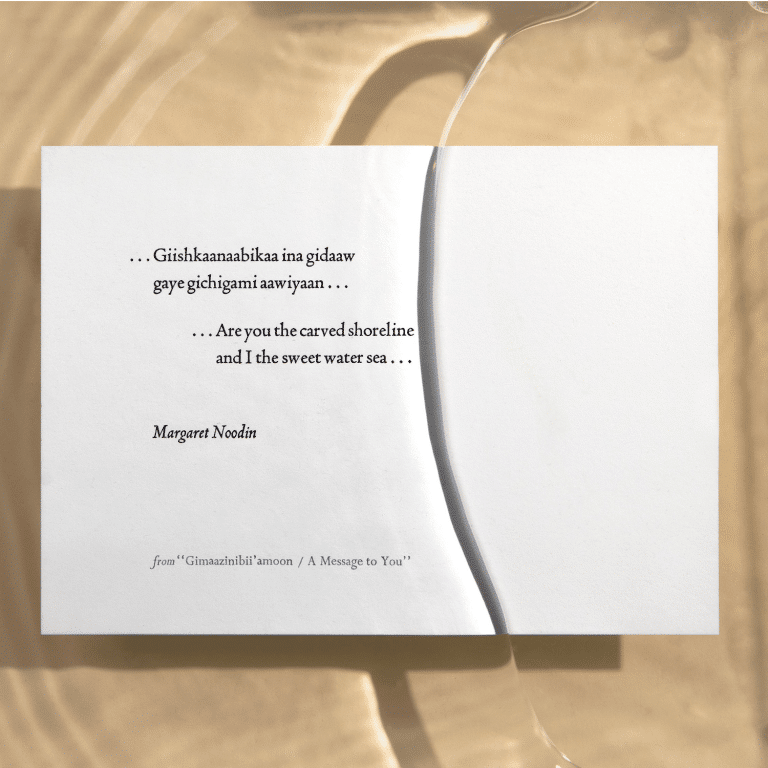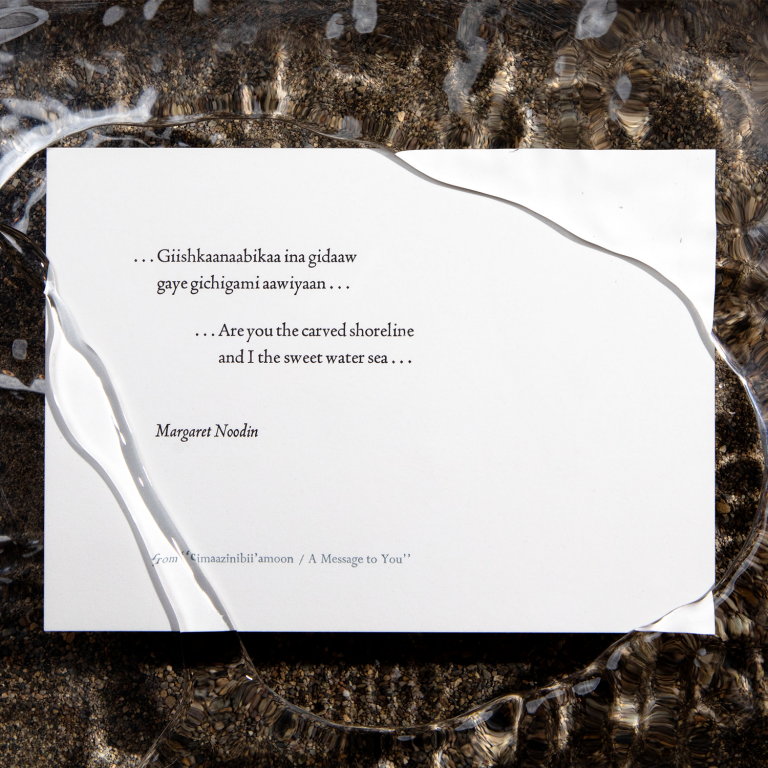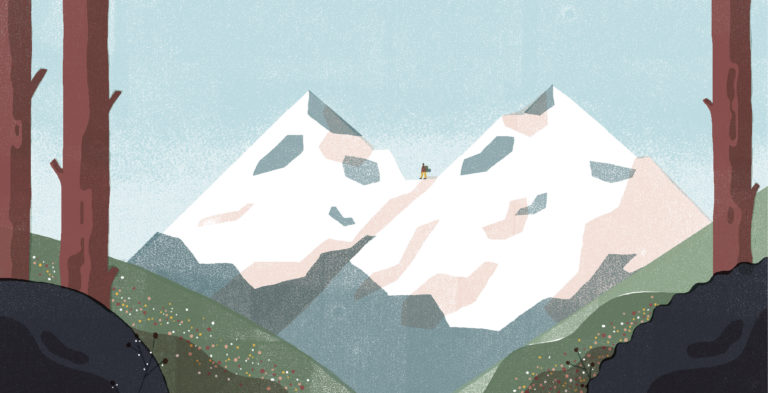Suzanne Simard is the forest ecologist who has proven, beyond doubt, that trees communicate with each other — that a forest is a single organism wired for wisdom and care. Simard found that the processes that make for a high-functioning forest mirror the maps of the human brain that we’re also just now drawing. All of this turns out to be catching up with intelligence long held in aboriginal science. She calls the mature hub trees in a forest “Mother Trees” — parenting, eldering, in a mode of mutuality and reciprocity, modeling what we also know to be true of genuinely flourishing human ecosystems.
Podcasts
View
- List View
- Standard View
- Grid View
910 Results
September 9, 2021
The Future of Hope — Trailer
This past year has held layers of loss and grief and rupture as well as tectonic shifts of opening and learning and possibility. We walk into a world trying to open up, fitfully, that we must in many ways remake. At On Being, we’re feeling called to walk alongside others listening, asking and leading. So in the year ahead we are going to be bringing a stunning array of voices having the conversations they want to be hearing now.
We’re calling this series The Future of Hope: Wajahat Ali with Kate Bowler; Darnell Moore with dream hampton; Pico Iyer with Elizabeth Gilbert; Ai-jen Poo with Tarana Burke; plus David Treuer, Claudia Rankine, Brother Guy Consolmagno, Katherine May, and many more.
We’ll begin on Sept. 16. Follow us on Apple Podcasts, Spotify, Google Podcasts, Overcast, or wherever you listen.
We are digging into the archives to celebrate some of the conversations listeners have loved the most and that have shaped this project. Béla Fleck is one of the greatest living banjo players. He’s followed what many experience as this quintessential American roots instrument back to its roots in Africa, and he’s taken it where no banjo has gone before. Abigail Washburn is a celebrated banjo player and singer, both in English and Chinese. These two are partners in music and in life — recovering something ancient and deeply American all at once, bringing both beauty and refreshment to what they play and how they live.
August 19, 2021
Robin DiAngelo and Resmaa Menakem
Towards a Framework for Repair
Through the ruptures of the past year and more, we’ve been given so much to learn, and callings to live differently. But how to do that, and where to begin? Resmaa Menakem’s book, My Grandmother’s Hands, and his original insights into racialized trauma in all kinds of bodies, have offered new ways forward for us all. So we said yes when Resmaa proposed that he join On Being together with Robin DiAngelo. She has been a foremost white voice in our civilizational grappling with whiteness. This conversation is not comfortable, but it is electric and it opens possibility.
We are digging into the archives to celebrate some of the conversations listeners have loved the most and that have shaped this project. Kevin Kling is part funny guy, part poet and playwright, part wise man — homegrown Minnesota meets Dante and Shakespeare. He was also born with one disabled arm, and a midlife motorcycle accident paralyzed the other. Then again, being so-called able-bodied, Kevin points out, is always only a temporary condition. We take in his wisdom on the losses we’re born with and the losses we grow into — and on why we turn these things into stories.
As we reflect back on 2020 and look ahead, how do we keep walking forward, and even find renewal along the way? How can we hold to our sense of what is whole and true and undamaged even in the face of loss? Sharon Salzberg is one of the most esteemed meditation teachers in the world. She speaks with Krista about how to care for the world while also learning kindness towards ourselves.
“I’m entering into this next phase… with a great deal of curiosity and perhaps tenderness, wanting to hold each other tight, because I think that there are ramifications of last year that have yet to be felt.” Rev. Jen Bailey is a wise young pastor and social innovator, and a “friend of a different generation” of Krista. This conversation is a loving adventure in cross-generational mapmaking and care. Jen is a leader in a widening movement that is “healing the healers” — sustaining individuals, organizers, and communities for the long, life-giving transformations ahead.
This conversation came about in partnership with Encore.org.
Glennon Doyle’s book Untamed has been a sensation of 2020 and beyond, and now she’s launched a new podcast titled with words of hers that have become a cultural force: We Can Do Hard Things. Meanwhile her wife, the soccer icon Abby Wambach, has her own bestselling books and is hosting a new tv show – Abby’s Places on ESPN+. Krista spoke with them before they were quite so much in the public eye together, and it’s a window into the passions that brought them here. They sat together in Seattle at the 2018 summit of Women Moving Millions, a consortium of women testing the meaning and boundaries of philanthropy. And courage was the theme of the day.
If we didn’t have vast civilizational challenges upon us, we might be living in a constant state of wonder at what science in this century is learning and showing us about the cosmos and about ourselves — the new questions it’s giving us to live. We are the generation of our species to map the genome, to detect black holes colliding, to hear gravitational waves. The physicist Brian Greene is one of our greatest interpreters from the human enterprise that is science. And in his most recent thinking and writing, there’s a stunning evolution in his own approach to science and life and the matters of purpose and meaning. We delve into his exuberant, cosmic lens on living in the here and the now.
The psychotherapist Esther Perel has changed our discourse about sexuality and coupledom with her TED talks, her books, and her podcast, Where Should We Begin? Episode after episode lays bare the theater of relationship, which is also the drama of being human. Her insights speak to the flip side of social isolation — the intense experience many have now had of togetherness. And her deep understanding of “erotic intelligence” feels so interesting as we grapple with emergent dynamics of the human condition writ large — coupled or not, and both intimate and societal.
Jason Reynolds is the National Ambassador for Young People’s Literature of the Library of Congress — and a magnificent source of wisdom for human society as a whole. He’s driven by compassion and the clear-eyed honesty that the young both possess and demand of the rest of us. Ibram X. Kendi chose him to write the YA companion to Stamped from the Beginning. In his person, Jason Reynolds both embodies and inspires innate human powers of fortitude and imagination. Hear him on “breathlaughter”; the libraries in all of our heads; and a stunning working definition of anti-racism: “simply the muscle that says humans are human… I love you, because you remind me more of myself than not.”
A new translation of Rainer Maria Rilke’s Letters to a Young Poet has been released in a world in which his voice and vision feel as resonant as ever before. In ten letters to a young person in 1903, Rilke touched on the enduring dramas of creating our lives — prophetic musings about solitude and relationship, humanity and the natural world, even gender and human wholeness. And what a joy it is to delve into Rilke’s voice, freshly rendered, with the translators. Krista, Anita and Joanna have communed with Rainer Maria Rilke across time and space and their conversation is infused with friendship as much as ideas.
This poem stretches the word ‘expect’ into dozens of formulations. Proceeding alphabetically through the index of the book, “What to Expect When You’re Expecting,” Katie Manning creates an exhausting list of all the expectations created during pregnancy,about rejecting some pressures and embracing others; surviving some, being knocked over by others. The humor and pace of this poem places insight alongside insidiousness.
Alex Elle complicates the idea of self-care, opening it up as community-care, as a way towards generational healing. And she’s revivifying the meaning of meeting one’s “inner child” for a new generation. Our colleague Lily Percy says she could not have survived the physical isolation of the pandemic without Alex’s writing, teaching, and Instagram presence. So Krista hands over the mic to Lily for this conversation.
The opening poem to Ilya Kaminsky’s masterpiece, Deaf Republic, is written in the voice of someone who is confessing their complacency during a time of trial. There’s a war going on, but it doesn’t affect the person speaking, so they don’t get involved. Instead they stayed outside and caught the sun. They lived happily during the war, and are now saying (forgive us). This poem leaves us wondering what it would mean to make such a confession, to ask for forgiveness, and whether it’d do any good.
After Margaret Noodin recited her poem, “Gimaazinibii’amoon” / “A Message to You,” for this week’s Poetry Unbound episode, she spoke with host, Pádraig Ó Tuama, about the story behind that poem as well as the Anishinaabemowin language, translation, and the importance of language preservation.
A special bilingual poem in Anishinaabemowin and English by Margaret Noodin, a linguist who writes primarily in Anishinaabemowin. This poem of eight lines is filled with location — the sweet sea, the curved shoreline — and gathers melancholy into its song. And it is a song — sung in both languages for us by Margaret Noodin herself.
Elemental human capacities like friendship and love, teaching and learning, have tremendous, constant, practical force. We don’t think of these in terms of what has given our species the grit to endure through hard times and even evolve in the long run. They’re lived social intelligence, part of the everyday, and so can be hard to see as serious amidst the high tumult of our age. But these kinds of human qualities are what sociologist Nicholas Christakis studies from his Human Nature Lab at Yale and his life generously lived. He offers a wide lens, a broad perspective, that deepens and refreshes.
The Pause
Join our constellation of listening and living.
The Pause is a monthly Saturday morning companion to all things On Being, with heads-up on new episodes, special offerings, event invitations, recommendations, and reflections from Krista all year round.
Search results for “”
View
- List View
- Standard View
- Grid View
Filters


